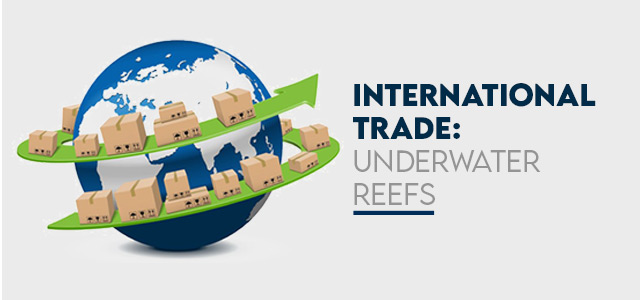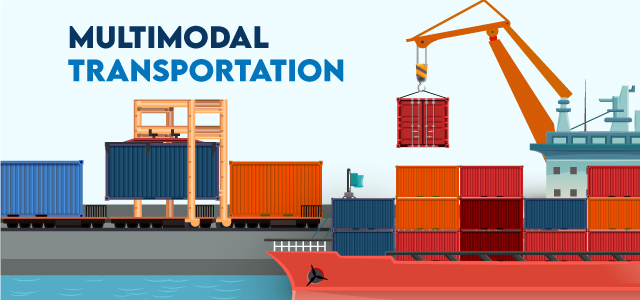How Does AI Сhange the Logistics Industry?

Most areas of the industry, including logistics, have been transformed by the development of new technologies such as artificial intelligence (AI). Autonomous vehicles, warehouse automation, predictive analytics, and smart roads are examples of technologies that are becoming the norm today.
Companies are beginning to realize the value of machine learning and the benefits of leveraging the expertise of AI vendors to improve manufacturing and delivery.
We decided to analyze and share useful information about the advantages of applying artificial intelligence in the logistics industry.
In fact, building an artificial intelligence system is a painstaking process of transferring human qualities and abilities to machines and harnessing their superior computing capabilities in order to exceed their capabilities.
What is the role of artificial intelligence in the transformation of the field of logistics? And what are the positive aspects of these changes? Sufficient grounds can be presented to prove the exceptional impact of artificial intelligence on logistics.
1. Artificial intelligence reveals the potential of Big Data in logistics
By taking advantage of the possibilities of Big Data, logistics companies can increase the efficiency of their operations based on accurate forecasts. Moreover, it is possible not only to improve a specific business process but to get the general picture and solve several issues at the same time.
2. Due to logistics, robotization becomes more relevant
Artificial intelligence has a positive impact on warehouse operations management. Robots can identify, move, sort, and track goods, empowering today's workforce. By reducing the negative impact of the human factor, using robots in warehouse operations can increase the productivity of the company, the level of security in the field of logistics, and reduce operational costs.
3. Better demand forecasting
Forecasting future needs for consumables is critical to a successful business. If your company cannot make accurate forecasts and the number of goods available does not meet high demand, the possibility of running out of stock and losing revenue increases. Surely, every entrepreneur tries to avoid this, because otherwise he simply could not meet the needs of his customers.
4. Real-time route optimization
Through the implementation of autonomous delivery systems that use real-time route optimization technologies without human intervention, artificial intelligence can improve delivery efficiency and reduce transportation costs.
5. Warehouse automation
"Computer vision" is widely used in automated warehouses. This technology enables the identification and systematization of products and will help manage quality control without human intervention in the future. Furthermore, if the supply chain includes multiple warehouses, AI can connect them to determine the best way to move goods. With the help of computer vision technology, artificial intelligence also recognizes damaged objects and assesses the type and depth of damage, which allows it to prevent future damage and takes certain measures.
6. Back-office automation
Invoicing, email processing, scheduling, HR management, and other office operations can be accelerated and automated with the help of artificial intelligence, saving significant time.
In conclusion, the world of logistics is being completely transformed by the use of new technologies, especially AI. The application of artificial intelligence is one of the main factors for the progress of this industry. Artificial intelligence increases not only the efficiency but also the accuracy of logistics processes, which further increases profitability.















